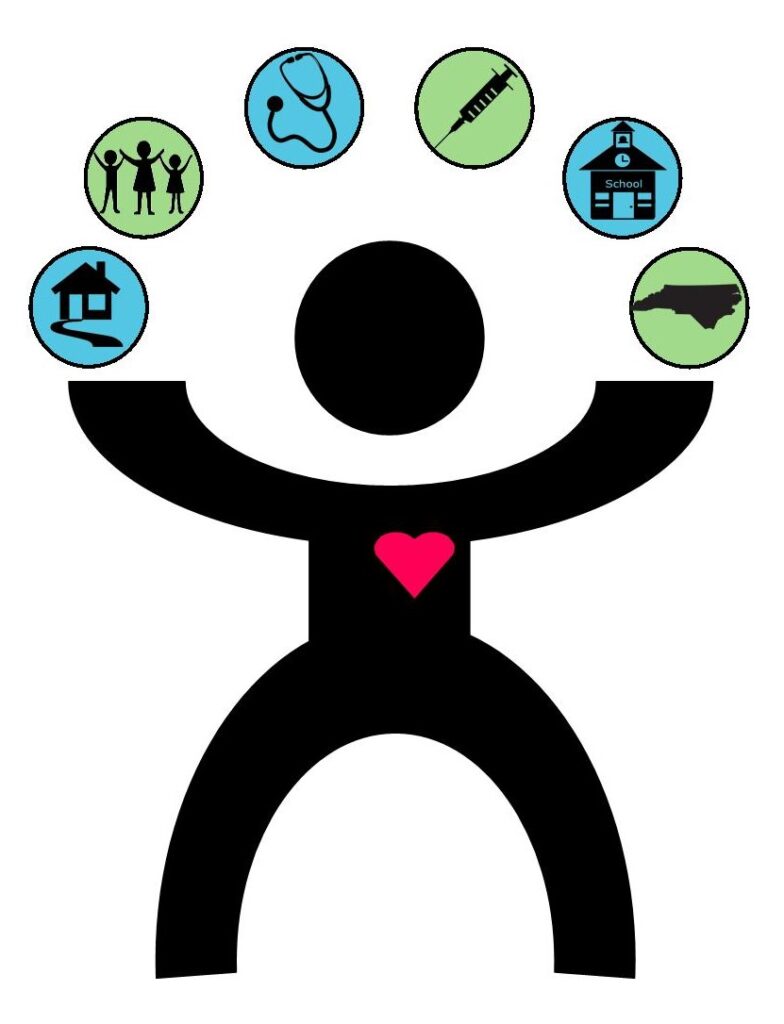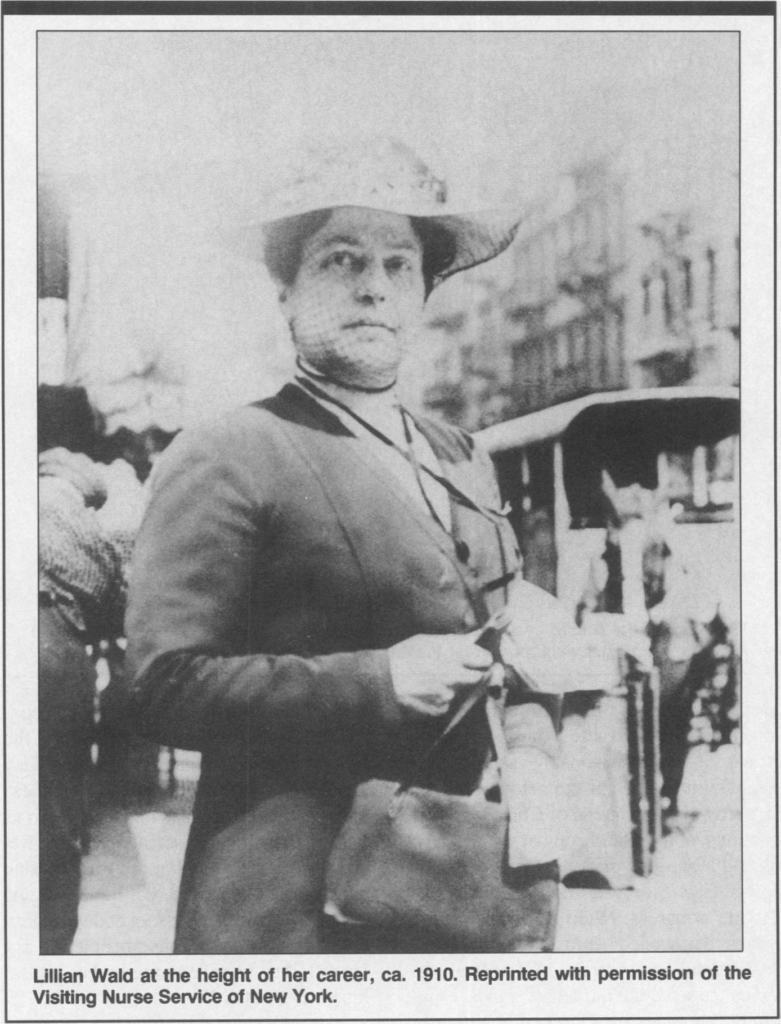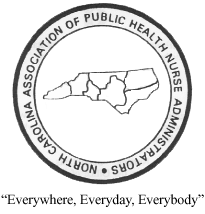
What is public health nursing?
Public health nursing is the practice of promoting and protecting the health of populations using knowledge from nursing, social and public health sciences.
Source: APHA, Public Health Nursing Section. (2013). The Definition and Practice of Public Health Nursing.
Principles of Public Health Nursing:
Public health nursing is unique within the discipline of nursing because of its adherence to all the following principles:
- The primary focus of public health nursing practice is on systematic and comprehensive population-focused assessment, policy development, and assurance.
- Equity is both a core public health value and a goal.
- Primary prevention is the priority in selecting appropriate activities.
- Public health nursing focuses on strategies that create healthy social, environmental, and economic conditions in which populations may thrive.
- Public health nurses collaborate with communities and populations as equal partners.
- Collaboration with members of other professions, organizations, and stakeholder groups as well as the population is the most effective way to promote and protect the health and well-being of the community.
- Public health nurses are obligated to actively identify and reach out to all who might benefit from a specific activity or service.
- Optimal use of available resources and creation of new evidence-based public health strategies are necessary to enhance the health of the population.
Source: American Nurses Association. (2022). Scope and Standards of Practice: Public Health Nursing, 3rd ed.
The synergistic relationship of the Medical Model and Nursing Model in NC Public Health
North’s Carolina’s local health department nurse-driven
model of providing public health services.
In North Carolina, PHNs have been at the core of public health providing care for individuals, families, and communities prior to the evolution of clinical services that we now embrace as standard in North Carolina public health departments. PHNs then and now provide screenings for chronic disease, cancer, sexually transmitted disease, wellness assessments for children, prenatal, post-partum and newborn home visits, case management, nutrition education, and an array of other educational and prevention services all on our license as a registered nurse. Some of the services PHNs provide require standing medical orders, but most do not.
North Carolina Public Health has always operated on a nurse-driven model (practice models/theories that emphasize the more holistic approach to disease) vs. the medical model (focused on the physical and biologic aspects of specific diseases and conditions) and continue to operate this way today despite the addition of comprehensive primary care and other specialty medical services in many of our health departments.
A History of Public Health Nursing

Lillian Wald was practicing public health over 100 years ago when she founded the Henry Street Nurses’ Settlement in New York
Lillian Wald Coined the term ‘public health nurse’. She believed that public health nurses must treat social and economic problems, not simple take care of sick people.
The Origins of Public Health Nursing: The Henry Street Visiting Nurse Service
Bringing Care to the People: Lillian Wald’s Legacy to Public Health Nursing
Jewish Women’s Archive- Women of Valor: Lillian Wald
History of Public Health Nursing in North Carolina
Public health nursing began in the United States and North Carolina with the first graduate nurses who provided nursing services to “the sick poor” in their homes. These nurses provided care to those in need with little concern for financial compensation. They were frequently the only health care professionals available to impoverished people and their families. These early public health nurses were courageous and caring women whose commitment to those they served was challenged daily by the overwhelming problems they confronted and the social obstacles of a society that held little esteem for women who operated outside of the accepted roles of their class and family.
North Carolina Nurses: A Century of Caring
When the Civil War began, North Carolina had neither hospitals nor trained nurses. Yet by 1865, Tar Heel women—many with copies of Florence Nightingale’s “Notes on Nursing” as their only instruction manual—had established fifteen military hospitals in the state, as well as the new career of professional nursing. In 1903, through the work of the newly formed North Carolina Nurses Association (NCNA), the state became the first in the nation to pass a nurse registration law and create a board of nursing. In the 100 years since, Tar Heel nursing leaders have remained at the forefront in the advancement of what was once considered a form of indentured servitude into a true profession, one which recent surveys rank as the most trusted in America.
